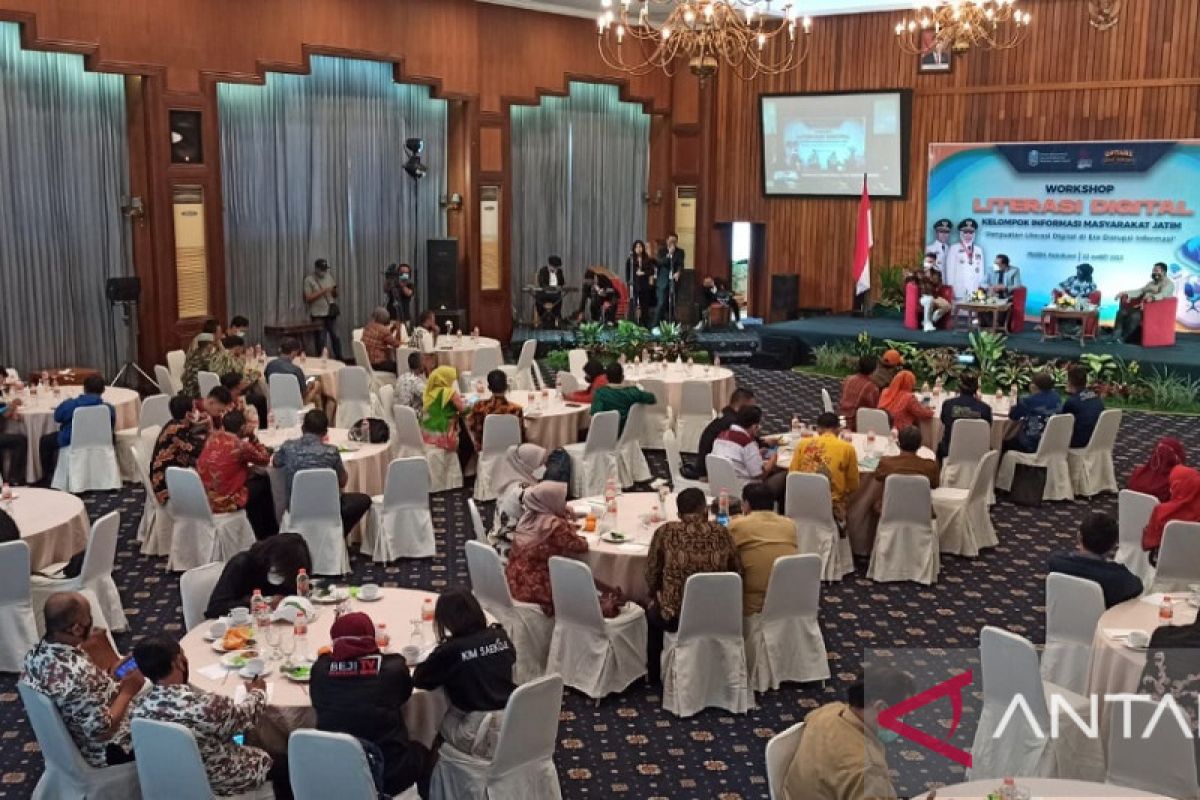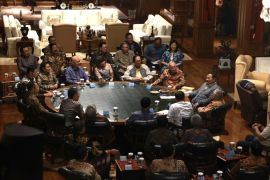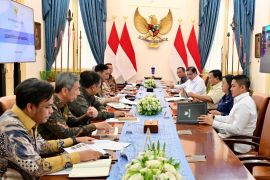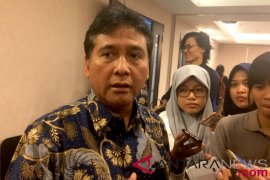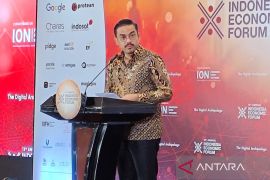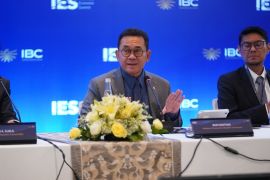"Of the 64 million MSMEs in Indonesia, only around 19 million MSMEs are digitally literate. Thus, there is still a lot of space that must be pushed by the government, so that MSMEs can get easy and cheap credit access," Apindo's Head of the Economic Policy Analyst Committee, Ajib Hamdani, stated at the IDX Channel Market Review event on Friday.
According to Hamdani, MSME players positively welcome the government's commitment to increasing the people's business credit (KUR) ceiling, from around Rp373.17 trillion to Rp460 trillion in 2023.
As of August 2022, the disbursement of bank loans has reached Rp6,155 trillion, but loans disbursed to MSMEs had only reached Rp1,214 trillion, or 19.7 percent of the total.
MSMEs, which support 60 percent of the country's gross domestic product (GDP), need to get more credit from banks, which is driven by programs, such as KUR.
To make the KUR program more effective, the government should encourage MSME players to create a business ecosystem, with a more detailed classification, such as a business ecosystem based on the commodity produced or processed.
"The currently existing KUR clusterization system is not sufficient. It is still too macro. Therefore, more micro techniques are required, so that MSME players have clustering per commodity," Hamdani remarked.
To this end, evaluation regarding the feasibility of MSMEs to get KUR that will be conducted by banks can be done more easily.
"Clustering per business sector, per commodity, becomes very important because all risks become more measurable. We hope that the NPL (Non-Performing Loan) of KUR can go down, even below the NPL of bank credit, in general," he remarked.
Related news: Ministry encourages Ternate MSMEs to adopt digital technology
Related news: Minister presses for digitization across all MSMEs business lines
Related news: Jokowi encourages Papuan MSMEs to join digital economy platform
Translator: Sanya Dinda, Raka Adji
Editor: Sri Haryati
Copyright © ANTARA 2022
